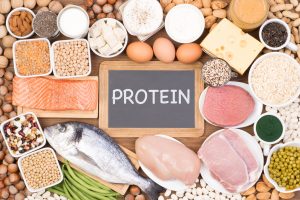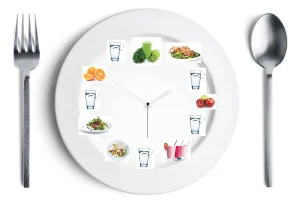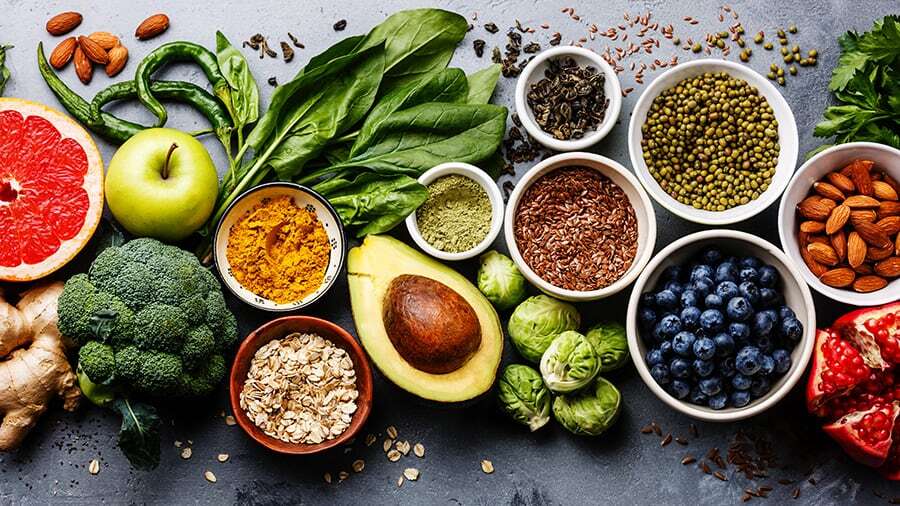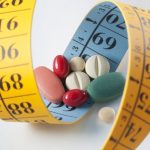Nutrition
When it comes to losing fat and living a healthier lifestyle, exercise often gets the spotlight. While physical activity is essential for overall well-being, nutrition plays the most critical role in fat loss and sustainable health changes. You can spend hours in the gym, but without proper nutrition, reaching your goals will be an uphill battle. Here’s why nutrition is the cornerstone of fat loss and healthier eating.
1. Calories In vs. Calories Out: The Core of Fat Loss
At the heart of fat loss is the principle of calorie balance. To lose fat, you need to burn more calories than you consume. No matter how much you exercise, if you’re consistently eating more than your body needs, fat loss won’t occur. Nutrition is the driving force behind creating a calorie deficit. This doesn’t mean cutting out all your favorite foods, but being mindful of portion sizes, food choices, and overall caloric intake is crucial.
Tip: Keep track of your calories through apps or food journals to stay on top of your daily intake.
2. Nutrient Quality Matters
Not all calories are created equal. While you could technically eat junk food and still lose weight if you’re in a calorie deficit, the quality of those calories impacts your health, energy levels, and fat loss success. Whole, nutrient-dense foods provide your body with the vitamins, minerals, and macronutrients (proteins, fats, and carbohydrates) it needs to function optimally.
Eating nutrient-rich foods such as fruits, vegetables, lean proteins, and whole grains ensures your body gets the energy it needs without excess empty calories that can slow down your progress.
Tip: Prioritize whole foods over processed options to give your body the nutrients it needs for fat loss and overall health.
3. Protein: Your Best Friend for Fat Loss
When it comes to losing fat, protein is one of the most important macronutrients. It helps preserve muscle mass while in a calorie deficit, which is crucial because you want to lose fat, not muscle. Protein also increases your metabolism through the thermic effect of food, meaning your body burns more calories digesting protein than it does with fats or carbohydrates. Moreover, protein is highly satiating, which helps control hunger and reduces cravings.

Tip: Incorporate protein-rich foods like chicken, fish, eggs, legumes, and plant-based options into each meal to boost fat loss.
4. Balanced Macronutrients for Sustained Energy
While protein is vital, balanced meals with the right mix of carbohydrates and fats are equally important. Carbohydrates provide the energy your body needs for workouts, while healthy fats support hormone regulation and brain function. A well-rounded diet helps prevent energy crashes and keeps you feeling satisfied, making it easier to stick to your fat-loss goals.
Tip: Include healthy fats (avocados, nuts, seeds, olive oil) and complex carbohydrates (whole grains, vegetables) in your meals for balanced energy throughout the day.
5. The Power of Portion Control
Even when eating healthy foods, portion control is key. It’s easy to overeat calorie-dense options like nuts, avocados, or healthy snacks, which can sabotage your fat-loss efforts. Learning how to measure portions or practicing mindful eating can prevent accidental overconsumption and keep you on track with your goals.
Tip: Use smaller plates, measure your food, or use your hands as a guide for portion control. For example, a serving of protein should be about the size of your palm.
6. Consistency Over Perfection
Many people focus on short-term diets, but consistency in your eating habits is the real driver of long-term success. Fad diets may give quick results, but they are often unsustainable. By making gradual, sustainable changes to your eating habits, such as choosing healthier foods and watching portion sizes, you’re more likely to maintain fat loss and stay healthy in the long run.
Tip: Focus on creating small, sustainable changes rather than trying drastic diets that can lead to burnout.
7. The Role of Hydration
Hydration is another overlooked component of fat loss and healthier eating. Drinking enough water is essential for digestion, metabolism, and energy levels. Often, thirst is mistaken for hunger, leading to unnecessary snacking. Staying hydrated can curb overeating and help your body function optimally during your workouts and daily activities.

Tip: Aim to drink at least 2–3 liters of water daily, and more if you’re physically active.
8. Avoiding Processed Foods and Added Sugars
Processed foods and added sugars can wreak havoc on your fat-loss journey. They’re typically high in calories, low in nutrients, and designed to be hyper-palatable, making them easy to overeat. Excessive sugar intake leads to spikes in blood sugar levels, causing crashes that trigger hunger and cravings. Replacing processed foods with whole foods helps regulate blood sugar levels, reduces cravings, and supports long-term fat loss.
Tip: Limit processed foods, sugary drinks, and snacks. Opt for natural sweeteners like fruit when you need a sugar fix.
9. Meal Timing and Frequency
While the timing of meals isn’t as crucial as overall calorie intake, eating at regular intervals can help control hunger and maintain energy levels. Skipping meals or going too long without eating can lead to overeating later in the day. Smaller, frequent meals or snacks throughout the day help keep hunger at bay and support a stable metabolism.

Tip: Try eating smaller meals every 3–4 hours to maintain energy and avoid overeating.
Conclusion
Nutrition is the foundation of fat loss and healthier eating. While exercise is important for maintaining overall health, what you put on your plate plays the most significant role in losing fat and achieving sustainable health results. By focusing on nutrient-dense foods, controlling portions, and being consistent, you can make lasting changes that support your fitness goals and improve your overall well-being. Remember, it’s not just about losing fat; it’s about building a healthier lifestyle for the long run.




